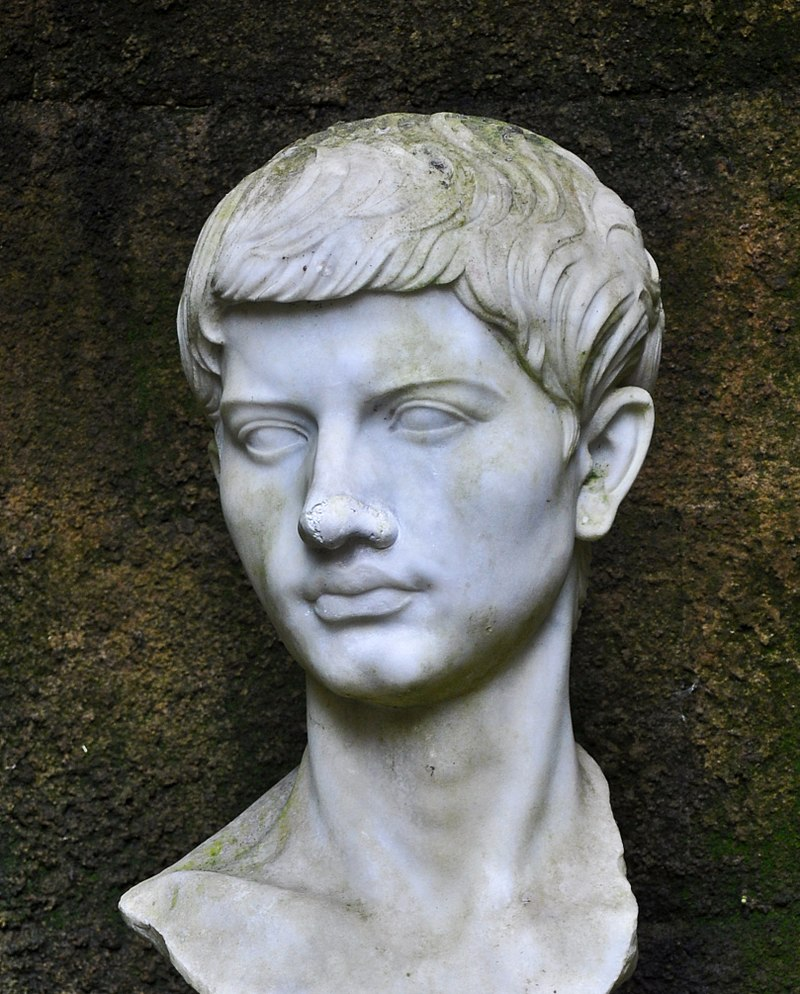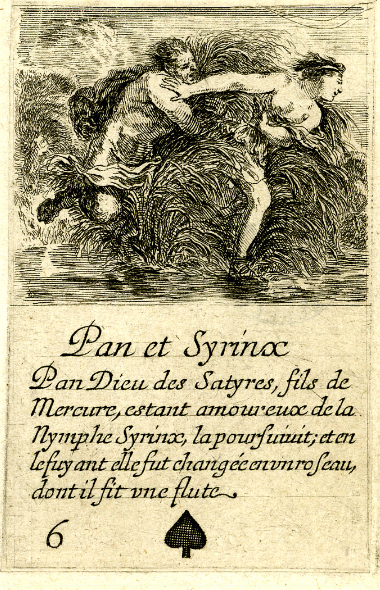Tag: poetry
-

Big Page of Hazel
The oldest confirmed hazel species is Corylus johnsonii found as fossils in the Ypresian-age rocks of Ferry County, Washington, USA
-

Virgil was a sorcerer?
Publius Vergilius Maro (traditional dates 15 October 70 – 21 September 19 BC), usually called Virgil or Vergil in English, was an ancient Roman poet of the Augustan period. He composed three of the most famous poems in Latin literature: the Eclogues (or Bucolics), the Georgics, and the epic Aeneid. A number of minor poems, collected in the Appendix Vergiliana, were attributed to him in ancient times, but modern scholars consider his…
-

Chapel of Bones is one of the best-known monuments in Évora, Portugal
The Capela dos Ossos (English: Chapel of Bones) is one of the best-known monuments in Évora, Portugal. It is a small interior chapel located next to the entrance of the Church of St. Francis. The Chapel gets its name because the interior walls are covered and decorated with human skulls and bones. Origin The Capela dos Ossos was built…
-

Tiresias was a blind prophet who was transformed into a woman for seven years
In Greek mythology, Tiresias was a blind prophet of Apollo in Thebes, famous for clairvoyance and for being transformed into a woman for seven years. He was the son of the shepherd Everes and the nymph Chariclo. Tiresias participated fully in seven generations in Thebes, beginning as advisor to Cadmus himself. Mythology Eighteen allusions to mythic Tiresias, noted by Luc Brisson, fall into three groups: the first recounts Tiresias’ sex-change episode and later his…
-

In classical Greek mythology, Syrinx was a nymph and a follower of Artemis, known for her chastity
Mythology Story Syrinx was a beautiful wood nymph who had many times attracted the attention of satyrs, and fled their advances in turn. She worshipped Artemis, the goddess of wilderness, and had like her vowed to remain a virgin for all time. Pursued by the amorous god Pan, she ran to a river’s edge and asked for…
-

Peris
In Persian mythology, Peris are exquisite, winged spirits renowned for their beauty. Peris were later adopted by other cultures. They are described in one reference work as mischievous beings that have been denied entry to paradise until they have completed penance for atonement.[need quotation to verify] Under Islamic influence, Peris became benevolent spirits, in contrast to the mischievous jinn and evil divs (demons). Scholar Ulrich Marzolph [de] indicates an Indo-Iranian origin for peris, which were later[when?] integrated into…
-

Castalian Spring
The Castalian Spring, in the ravine between the Phaedriades at Delphi, is where all visitors to Delphi — the contestants in the Pythian Games, and especially pilgrims who came to consult the Delphic Oracle — stopped to wash themselves and quench their thirst; it is also here that the Pythia and the priests cleansed themselves before the oracle-giving process. Finally Roman poets regarded it…
Recent Posts
- 🧬 Disease Table with Low Sodium Connection
- 🧂 Sodium Reduction and Sodium Replacement: A History of Reformulation and Exploding Diseases, Including Many Diseases Unheard of Before Deadly Sodium Policies
- 🧂 The DEADLY 1500 mg Sodium Recommendation predates the WHO’s formal global sodium reduction push by nearly a decade (and it’s even worse than that)
- 🧬 What Is Beta-Glucuronidase?
- When Sugar Was Salt: Crystalline Confusion and the Covenant of Sweetness
Tags
ADAM ASPARTAME Birds Blood Bones Brain Bugs Cancer Columba Cows crystallography Death Death cults Eggs Etymology Gastrin Gold Growth hormone History Hormones Insulin Liver Mere Perplexity Metal Monkey Business Mythology Paracetamol Plants Poison Pregnancy Protein Religion Reproduction Rocks Salt Slavery Snakes Sodium the birds and the bees Thiocyanate Tobacco Tylenol Underworld Venom zinc